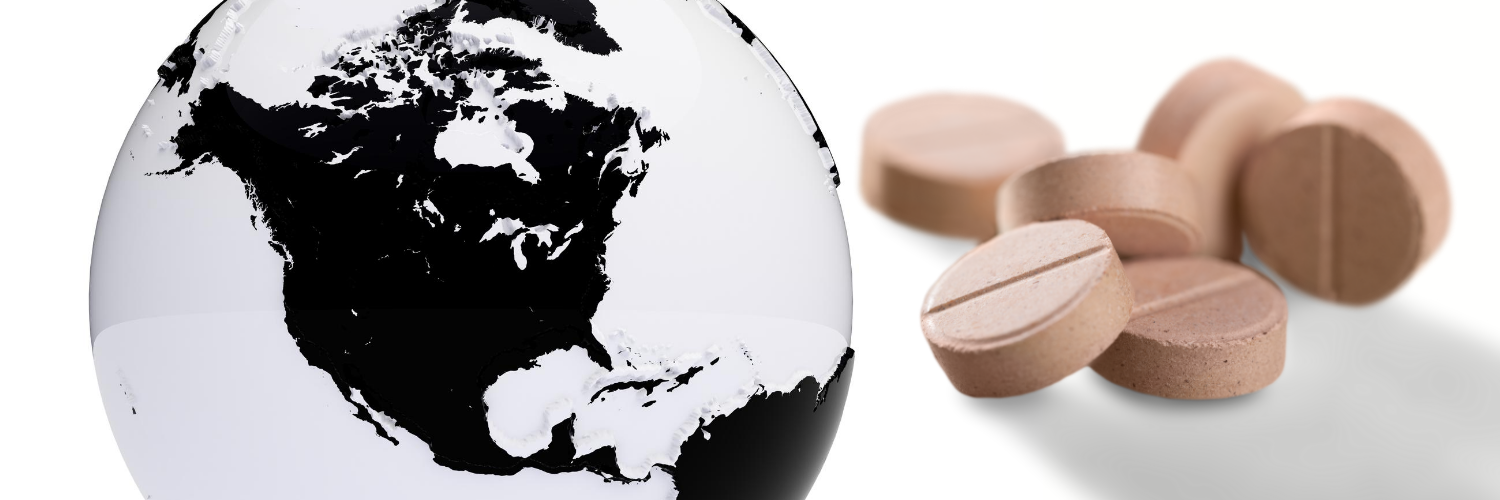Special Enrollment Period for Marketplace Health Coverage Is Open Through May 15th

The enrollment period for marketplace health insurance is typically in late winter, traditionally closing in December. The COVID-19 crisis, which began in March 2020, has ushered in a new “special enrollment period” from February 15, 2021 to May 15, 2021. During this special enrollment period, anyone can apply for marketplace health insurance, regardless of status.
This special enrollment period is unique to the COVID-19 crisis, which left many without health insurance. The Kaiser Family Foundation estimates between 2 and 3 million people lost employer-based health insurance between March and September 2020.
Who qualifies for marketplace health insurance?
Anyone can qualify for marketplace health insurance! In fact, you can apply for marketplace health insurance even if you have insurance through your employer. (This can be especially handy if you have a preexisting condition or a chronic illness and want to cover your bases.) The more complicated part is when you can apply for marketplace health insurance. Traditionally, applications open November 1 and run through December 15.
How much does marketplace health insurance usually cost?
Marketplace health insurance can be as cheap as $99 per month, but the better plans will run you as much as $300 per month. As with employer-based health insurance, the more you spend monthly, the less you’ll spend out-of-pocket, ostensibly.
What qualifies you for a special enrollment period?
In normal times — COVID-19 crisis notwithstanding — a “special enrollment period” is a period of sixty days during which you can enroll in marketplace health insurance. This period is presumably separate from the normal enrollment period in November-December, although the timelines may overlap. You can qualify for a “special enrollment period” if you:
-
Lose your job, therefore losing your health insurance
-
Move
-
Turn 26 and are disqualified from sharing a plan with your family
-
Have a baby
-
Adopt a baby
Essentially, any major life change that forces you to need health insurance will allow you an entryway to a special enrollment period. The COVID-19 special enrollment period is an allowance for those who may have lost coverage due to job loss during the pandemic.
Can I still enroll in health insurance 2021?
Yes! You can enroll in health insurance until May 15 at the health insurance marketplace. This is confusing because normally you are only able to apply for health insurance the year before you actually use it. (So, for 2020 health insurance, you apply in late 2019.) This special enrollment period takes place in 2021 but will provide health insurance for the year 2021. This is somewhat unprecedented; marketplace health insurance enrollment traditionally provides for a calendar year of coverage.
Is it too late to enroll in health insurance 2021?
It is not too late to enroll in health insurance for 2021! The government made a special enrollment period just for people who may have missed the deadline in late 2020 due to COVID-19. Perhaps you lost your job in December 2020. (The economy is still reeling.) Perhaps you discovered that COBRA — a form of extended coverage that can be costly — is too big a financial burden. You may enroll in 2021 health insurance from February 15, 2021 all the way until May 15, 2021.
I don’t think I can afford health insurance. What should I do?
You’re not alone. Health insurance can be costly, and sometimes it’s not even all that helpful. Please explore your options before falling into despair. If you worry you can’t afford health insurance, you have two options: Apply for Medicaid, or apply for financial help through the Affordable Care Act. The Kaiser Family Foundation estimates that four out of ten people who currently don’t have health insurance qualify for free health insurance via either option.
The ACA allows for free — zero premium, absolutely free — plans for those under a certain threshold. These “bronze” plans are not free to all, but if you are under a certain income threshold, the government will provide a tax subsidy effectively making the plan free. (Find out if you qualify here.) You may also qualify for cost-sharing reductions, a program that will allow you to enroll in a “silver” plan with a cost-sharing reduction (CSR) tax subsidy. Read more about that here.
Enrolling in Medicaid is always the best option. In some states, Medicaid is semi-thorough, and copays can be quite low. Most importantly, prescription drugs are covered. If you do not qualify for Medicaid, look to the lower-cost ACA plans. The bronze plan is the so-called “catastrophic” plan because its deductible sits at $6,500. While this is high, this may still save you from tens of thousands of medical debt if you end up at the ER after a car accident. (Believe me, being in the ER can be much more expensive than $6,500.) If the insurance is essentially free, why not take it?
How do I qualify for Medicaid? When can I apply?
Medicaid eligibility is based on income, and this stat varies from state to state. States that have applied the Medicaid expansion allow families at 134% of the federal poverty line (FPL) to get Medicaid. Some states are even more generous, capping income at 226% of the FPL. Because Medicaid is state-run, you’ll have to check with your local state Medicaid website for eligibility requirements. This can be done online and in under fifteen minutes. You can enroll in Medicaid at any point during the year. The COVID-19 pandemic saw an uptick in Medicaid enrollment by 4.3 million people between February and May 2020, per the KFF. Though some states have yearly premiums, Medicaid is largely free, with traditional copays for medication and doctor visits.




